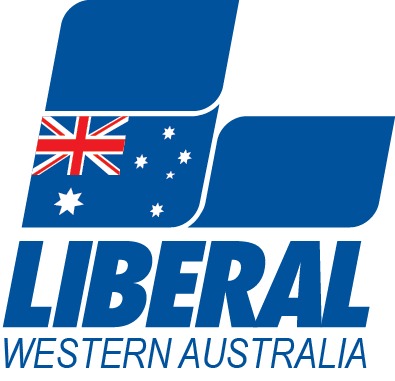Are the climate wars over?
Australia is now one step closer to having a legislated 43 per cent emissions reduction target. I did not vote for that. But that does not mean that I am not serious about the environment and taking action on climate change.
The Coalition failed to form government in May 2022.
My greatest disappointment as a member of the Liberal Party is that we have consistently failed to demonstrate to Australians that, not only did we effectively take action on climate change but, our measures were coveted globally as the gold standard.
Labor say they want an end to the climate wars. Has there really been a war? Or has it just been PR spin?
No doubt we lost the PR battle, but Labor’s base has been lost to the Greens.
In nine years of government, we were successful in reducing emissions in a manner that was safe and responsible. Without raising electricity prices or taxes. Without shutting down coal, gas production or exports. Without job losses.
Our story of emissions reduction has been one of consistent achievement. Before the election, Australia was on track to reduce emissions by up to 35 per cent by 2030. Well above our target of 26 to 28 per cent.
We met and surpassed our 2020 Kyoto targets.
Under the Coalition, Australia’s emissions reductions outpaced those of the United States, New Zealand, Japan and every other major commodity exporting nation in the world.
It was a great honour to have contributed to the Coalition’s successes, serving as a former Commonwealth environment minister.
In 2018, I proudly represented our nation in Katowice, in Poland, at the Climate Change Conference (COP24).
Far from being ridiculed or criticised for the Morrison government’s climate inaction, Australia was praised for the actions it was taking to reduce emissions, like funding from the Emissions Reduction Fund, CEFC and ARENA and also the world leading accurate and transparent way in which our nation captured emissions’ data.
Whilst I was chairing the COP24 subcommittee, which included representatives from the USA, Canada and New Zealand, it was clear to me that Australia had a positive reputation for its professionalism and its climate actions.
At a time when many nations simply had emissions targets, but no plan to achieve them, Australia was hailed for its actions.
We set the global standard on the world stage for all to see. We should be proud of our record.
But, you would not have read any of this in the media as clearly this did not support the cement hardened narrative that a Liberal-led government was taking no action on climate.
Sadly, nothing has changed since then.
As Labor has already admitted, the 43 per cent emissions reduction legislation is not necessary. I see this as dangerous symbolism.
Experience overseas has shown that legislating climate targets risks the potential of legal activism standing in the way of projects that deliver investment and job creation opportunities.
Industries such as agriculture, energy and the mining sector will suffer because of this political stunt.
Australians will be stuck with legislation that brings us no closer to our target and will remove safeguards the Coalition had put in place to protect jobs, investment and regional communities.
We now need to urgently turn our attention to how we meet these new targets. Ambition is not enough. Wind and sun will not be enough.
While we all agree that renewables play a vital role in Australia’s domestic energy supply, they need to be balanced responsibly by other energy solutions.
If we are serious about responsibly lowering emissions, uranium must be a part of the conversation.
As flagged this week, the Coalition will do the real work to identify credible energy resources, such as uranium, to secure our base load needs.
In WA there is a ban on new uranium mines.
Initially, WA had four proposed uranium mining leases granted for Wiluna, Kintyre, Yeelirrie and Mulga Rock.
I am proud to say that I was the minister responsible for providing final federal approval for the last uranium project in WA, the Yeelirrie project.
Currently, only Vimy’s Mulga Rock project is in a position to proceed given the other three projects have failed to demonstrate substantial commencement of their plans on site.
Could WA be the emissions reduction champion? WA has never been afraid to take bold strokes before.
We will need an honest and informed discussion with the Australian people, especially the local Indigenous communities, about the role of bringing nuclear power into our energy mix.
And when we do, Federal and State Labor will need to open their minds to the possibility of nuclear power.
*Published in the West Australian, 6 August 2022
The Hon Melissa Price MP
Federal Member for Durack
Opposition Whip


